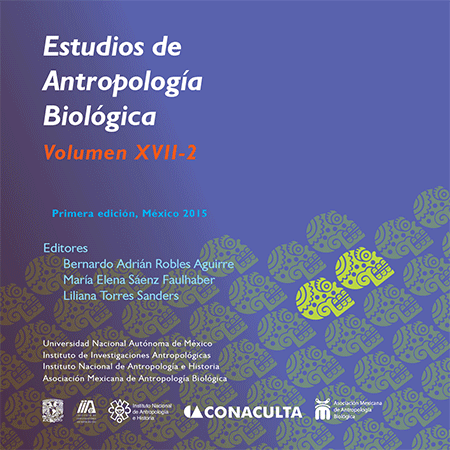The unification of mind: a hypothesis
DOI:
https://doi.org/10.22201/iia.14055066p.2015.56851Keywords:
Mental state, cognitive activity, consciousness, expressive contextAbstract
Traditionally, cognitive activity has been studied as an isolated entity: consciousness, perception, mental image, memory, representation or emotion; just to mention some, and they all seem as autonomous expressions, without considering that each one of them manifests and its experienced in different ways if a subject is awake or asleep, stressed or under the effect of meditation or hypnosis, all of these related to a particular motor state. This work proposes the definition of mental states as specific contexts that allow studying the differences in cognitive activity under each one of them. Those states are compound by physical parameters that are correlated in a situation: if a person’s cardiac rhythm des-cends by the effects of meditation, it will do so in a conjunctively with his/her metabolic and respiratory rhythm and their cerebral behaviour. This compound variation, situated in a precise circumstance will give place to a type of consciousness, perception, memory and other specific activity. In this way all the characteristics that are present in cognition are determined by a mental state.
Downloads
Downloads
Published
How to Cite
Issue
Section
License

http://creativecommons.org/licenses/by-nc-nd/4.0/


